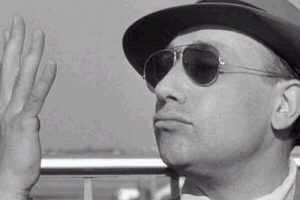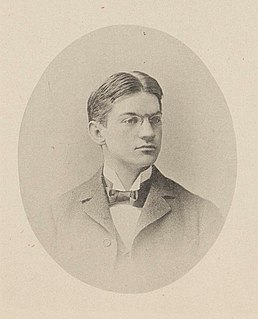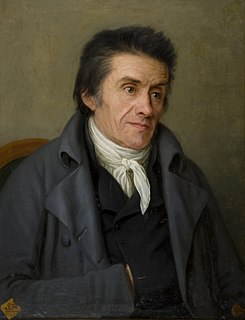A Quote by Mircea Eliade
To whatever degree he may have desacralized the world, the man who has made his choice in favor of a profane life never succeeds in completely doing away with religious behavior.
Related Quotes
Do what he will, he [the profane man] is an inheritor. He cannot utterly abolish his past, since he himself is a product of his past. He forms himself by a series of denials and refusals, but he continues to be haunted by the realities that he has refused and denied. To acquire a world of his own, he has desacralized the world in which his ancestors lived; but to do so he has been obliged to adopt an earlier type of behavior, and that behavior is still emotionally present in him, in one form or another, ready to be reactualized in his deepest being.
All my life I have made it a rule never to permit a religious man or woman take for granted that his or her religious beliefs deserved more consideration than non-religious beliefs or anti-religious ones. I never agree with that foolish statement that I ought to respect the views of others when I believe them to be wrong.
Whatever man may stand, whatever he may do, to whatever he may apply his hand - in agriculture, in commerce, and in industry, or his mind, in the world of art, and science - he is, in whatsoever it may be, constantly standing before the face of God. He is employed in the service of his God. He has strictly to obey his God. And above all, he has to aim at the glory of his God.
A man writes to throw off the poison which he has accumulated because of his false way of life. He is trying to recapture his innocence, yet all he succeeds in doing (by writing) is to inoculate the world with a virus of his disillusionment. No man would set a word down on paper if he had the courage to live out what he believed in.
Man has been called a rational being, but rationality is a matter of choice... Man has to be a man-by choice; he has to hold his life as a value-by choice; he has to learn to sustain it-by choice; he has to discover the values it requires and practice his virtues by choice. A code of values accepted by choice is a code of morality.
Man has been called a rational being, but rationality is a matter of choice-and the alternative his nature offers him is: rational being or suicidal animal. Man has to be man-by choice; he has to hold his life as a value-by choice; he has to learn to sustain it-by choice; he has to discover the values it requires and practice his virtues-by choice. A code of values accepted by choice is a code of morality.
In whatever area in life one may meet the challenges of courage, whatever may be the sacrifices he faces if he follows his conscience - the loss of his friends, his fortune, his contentment, even the esteem of his fellow men - each man must decide for himself the course he will follow. The stories of past courage can define that ingredient - they can teach, they can offer hope, they can provide inspiration. But they cannot supply courage itself. For this each man must look into his own soul.
Thinking leads man to knowledge. He may see and hear, and read and learn, as much as he please; he will never know any of it, except that which he has thought over, that which by thinking he has made the property of his mind. Is it then saying too much if I say, that man by thinking only becomes truly man? Take away thought from man's life, and what remains?
Whatever the situation may be, in the recollection of death there is reward and merit. For even the man engrossed in the world benefits from it by acquiring an aversion to this world, since it spoils his contentment and the fullness of his pleasure; and everything which spoils for man his pleasures and his appetites is one of the means of deliverance.
A real man doesn't have to run from his mother, and may even have to face the reality that no great deed is going to be great enough for him to ransom himself completely, and he may always be in his mother's debt. If he understands that . . . he won't have to feel guilty, and he won't have to please her completely. He can go ahead and be nice to her and let her be part of his life.







































